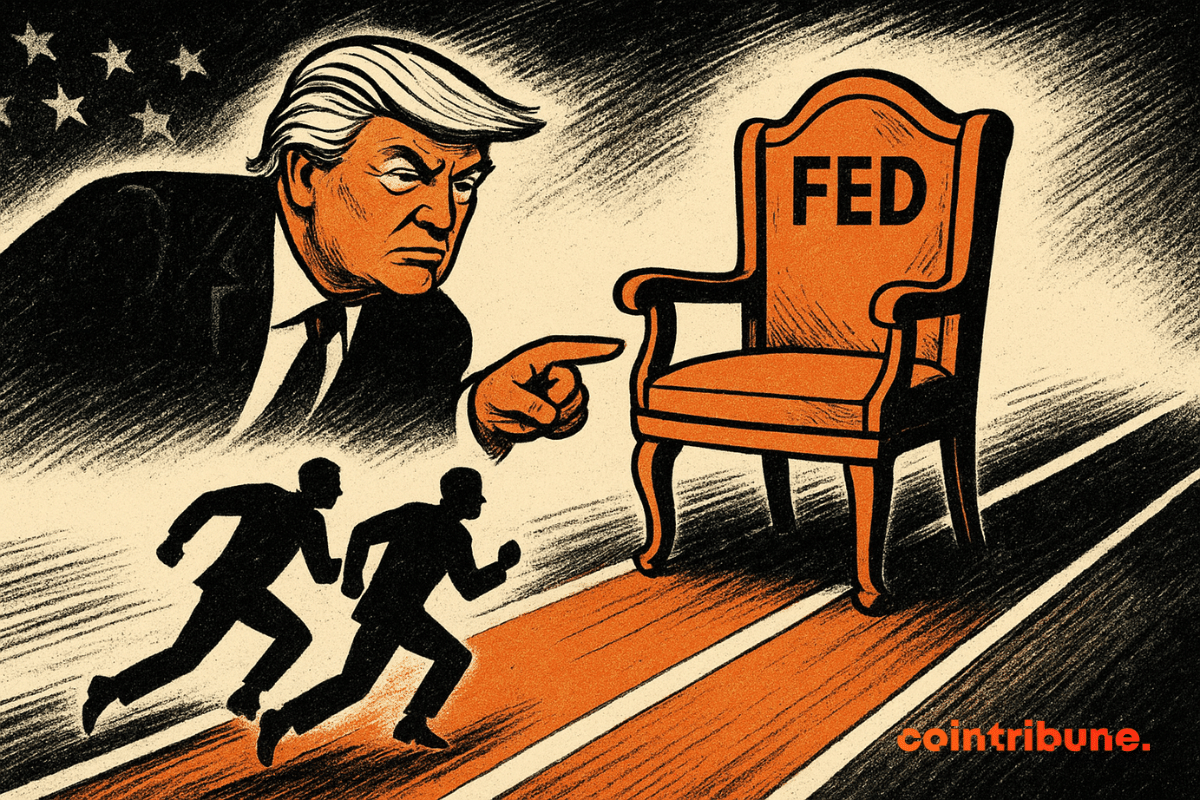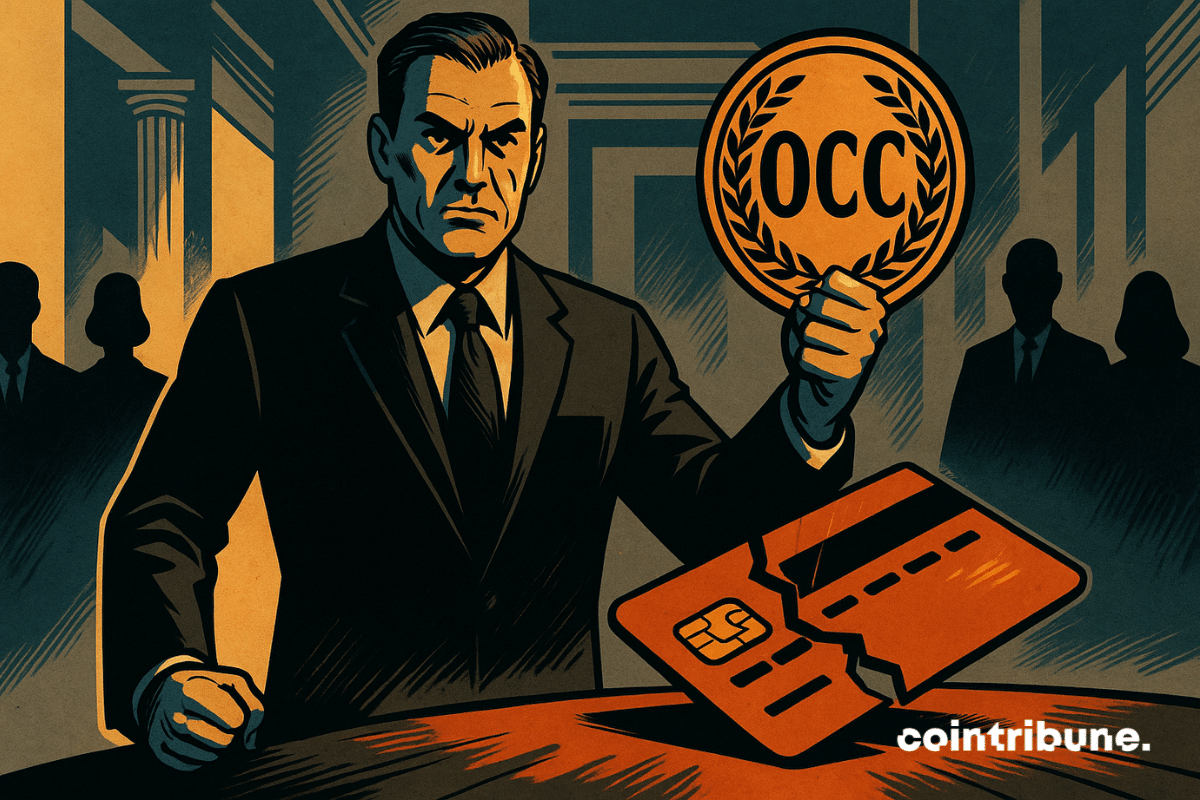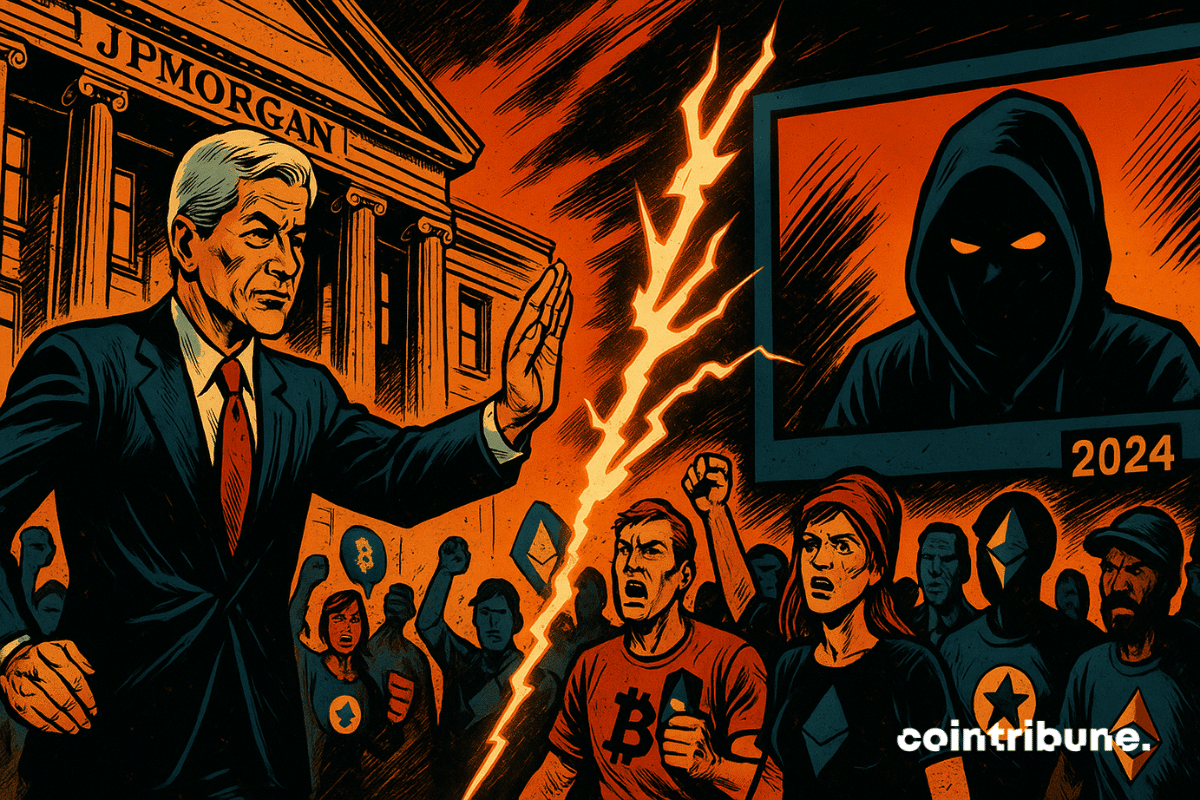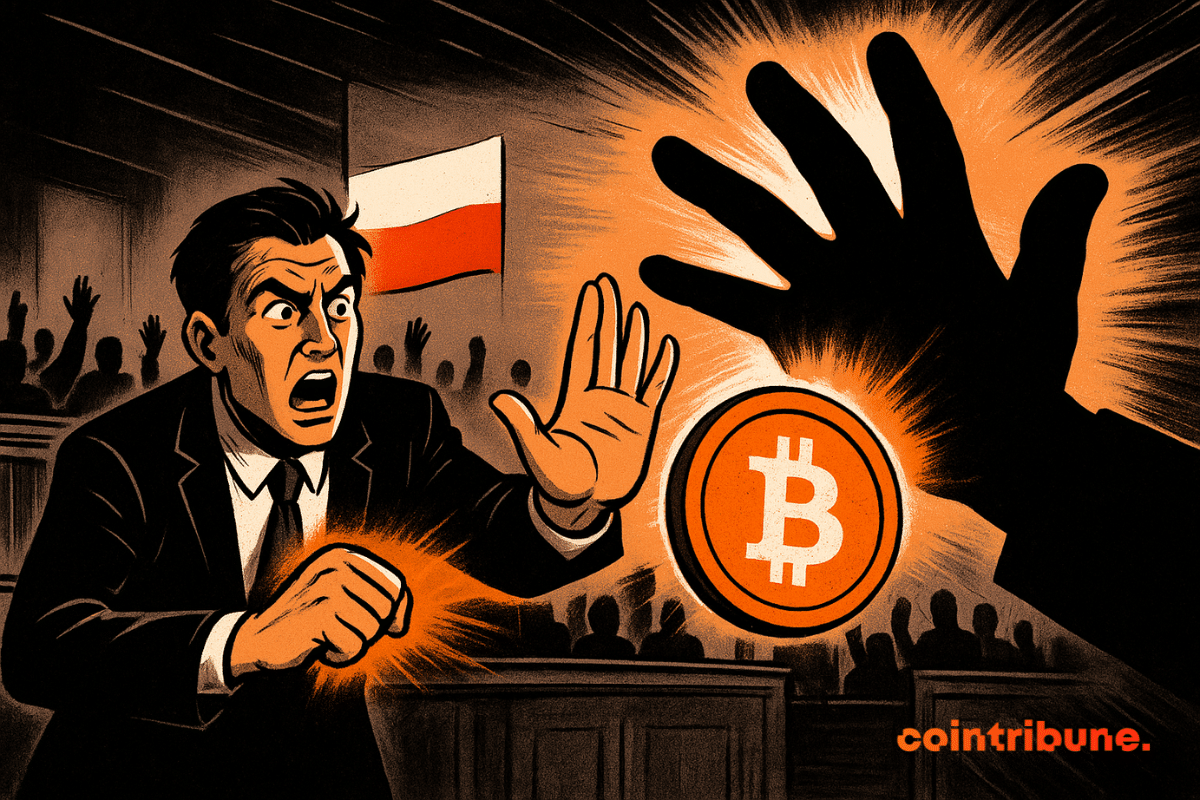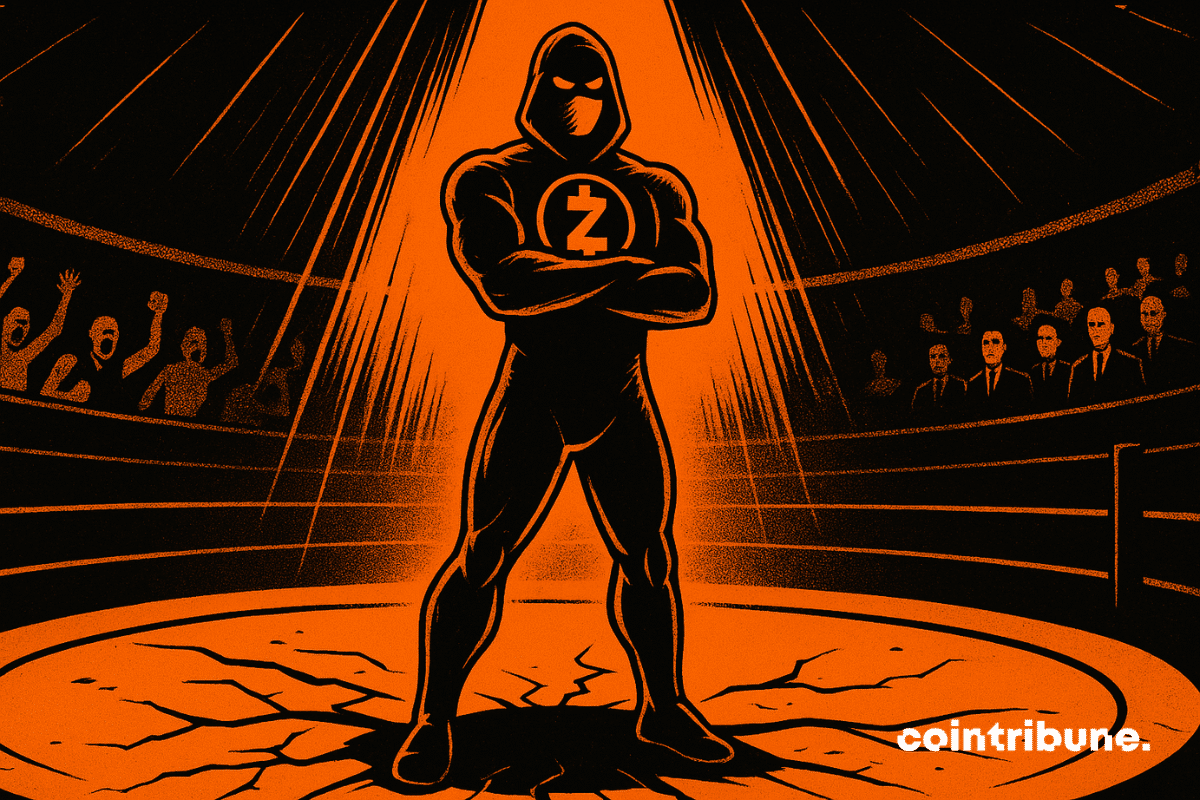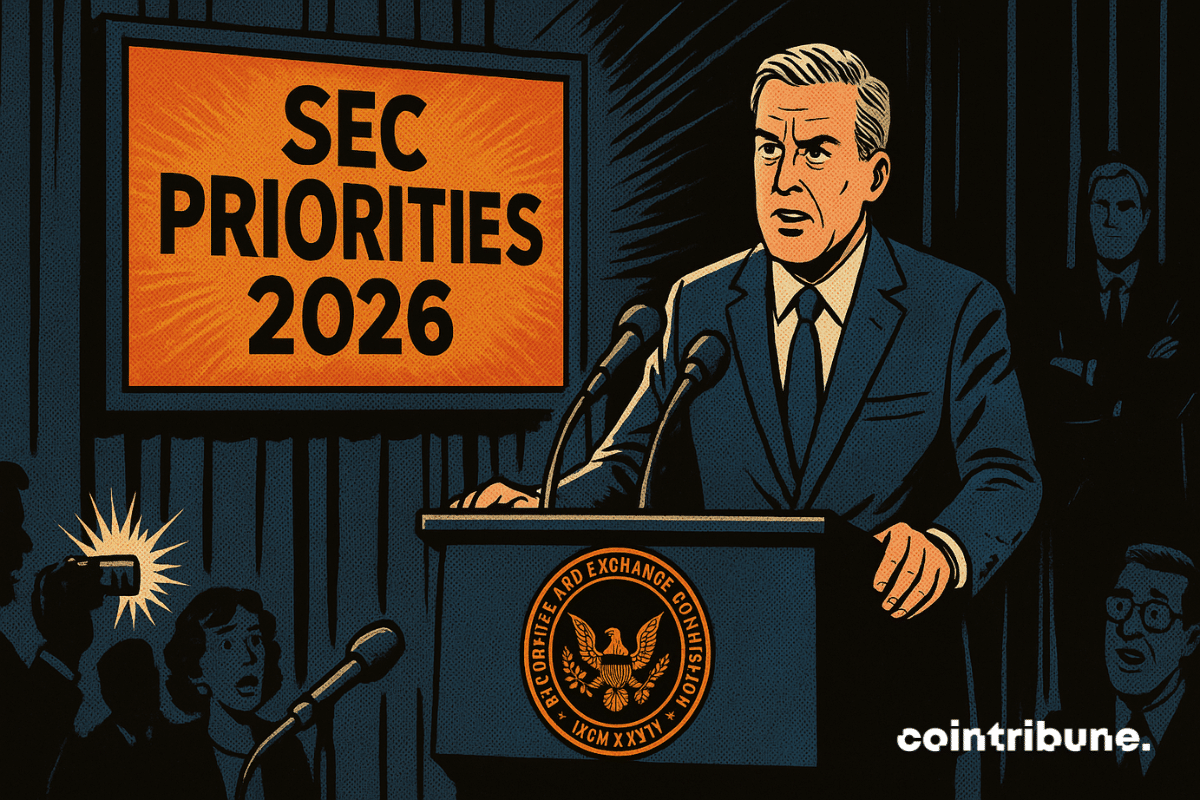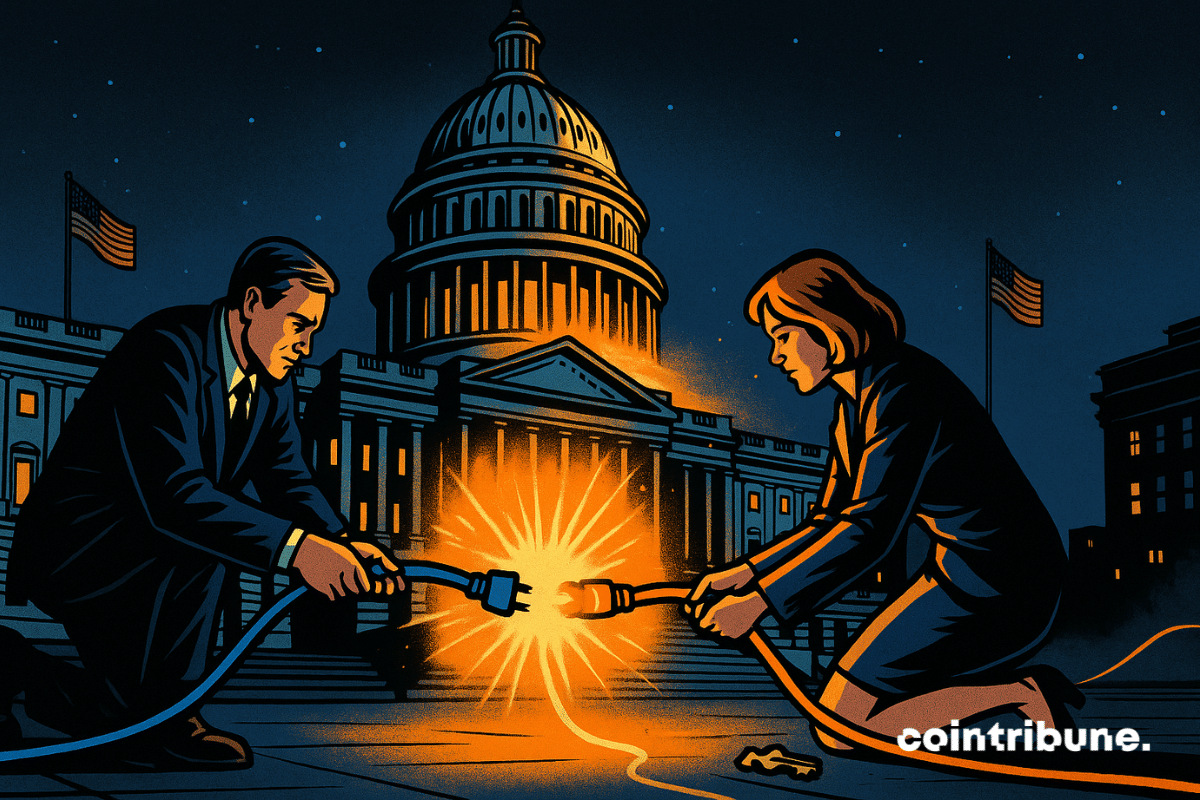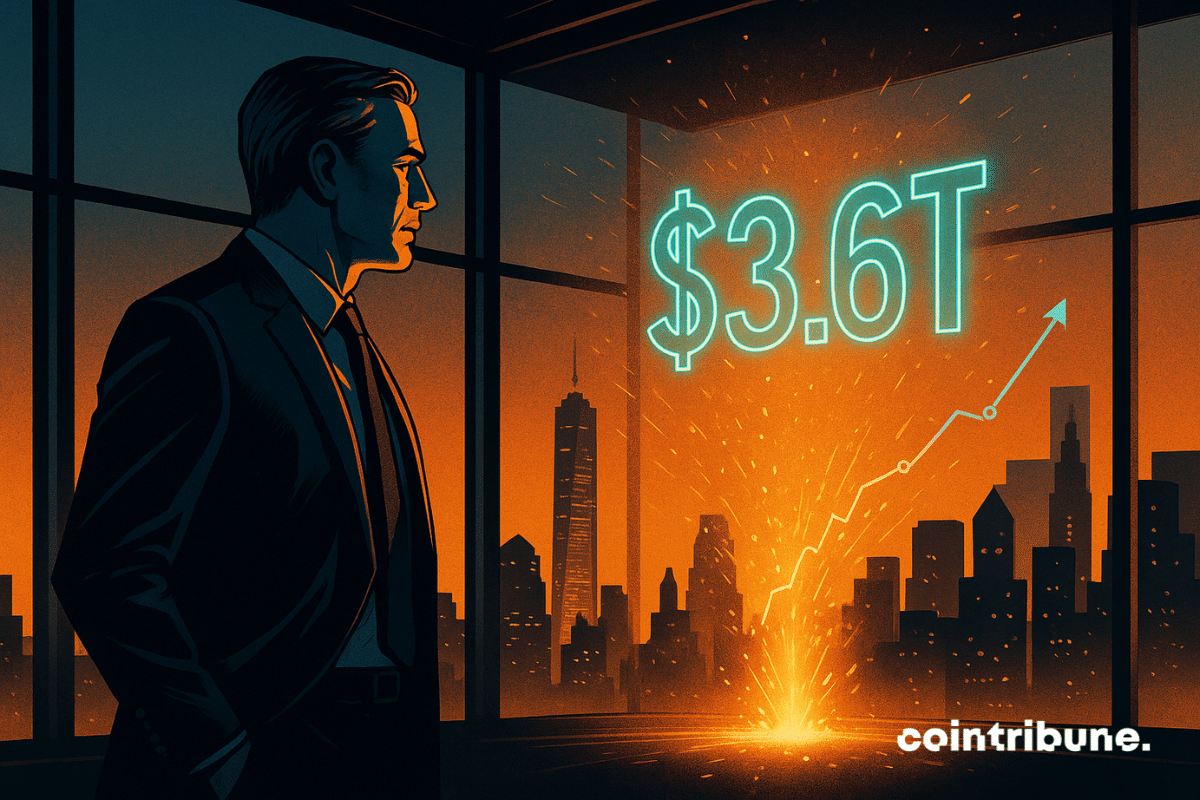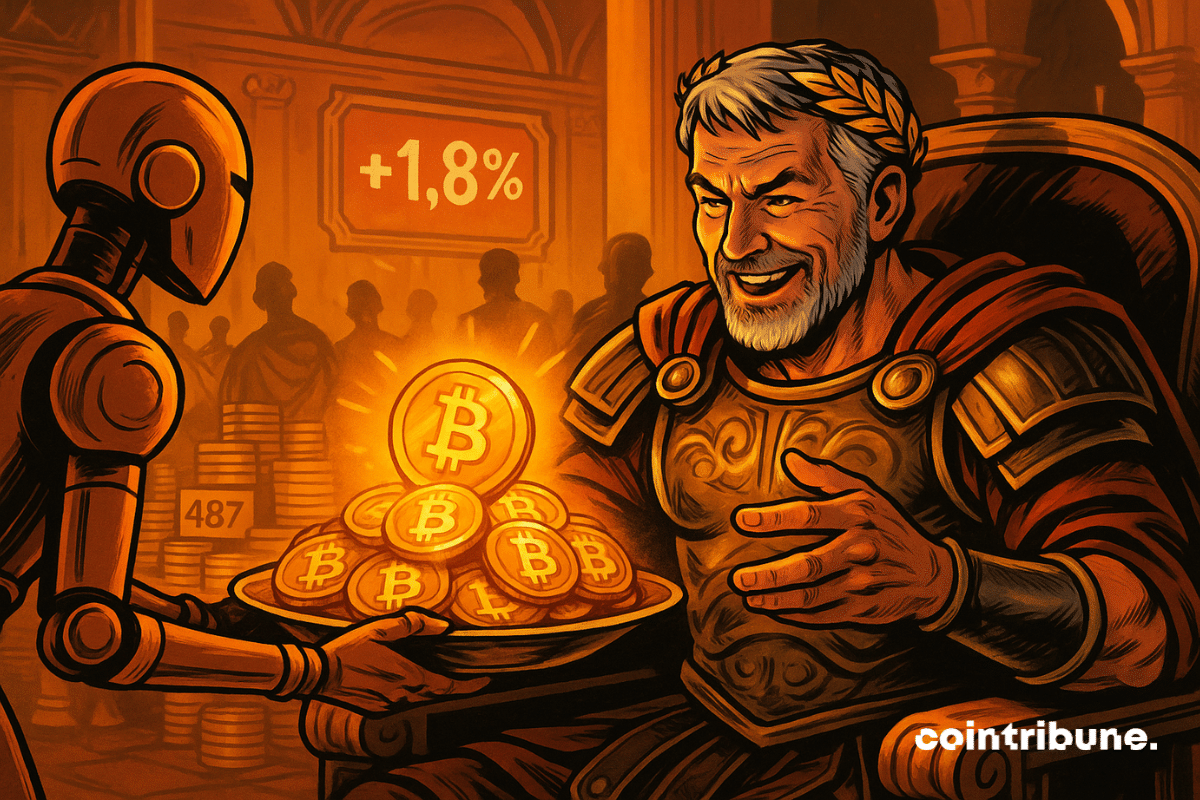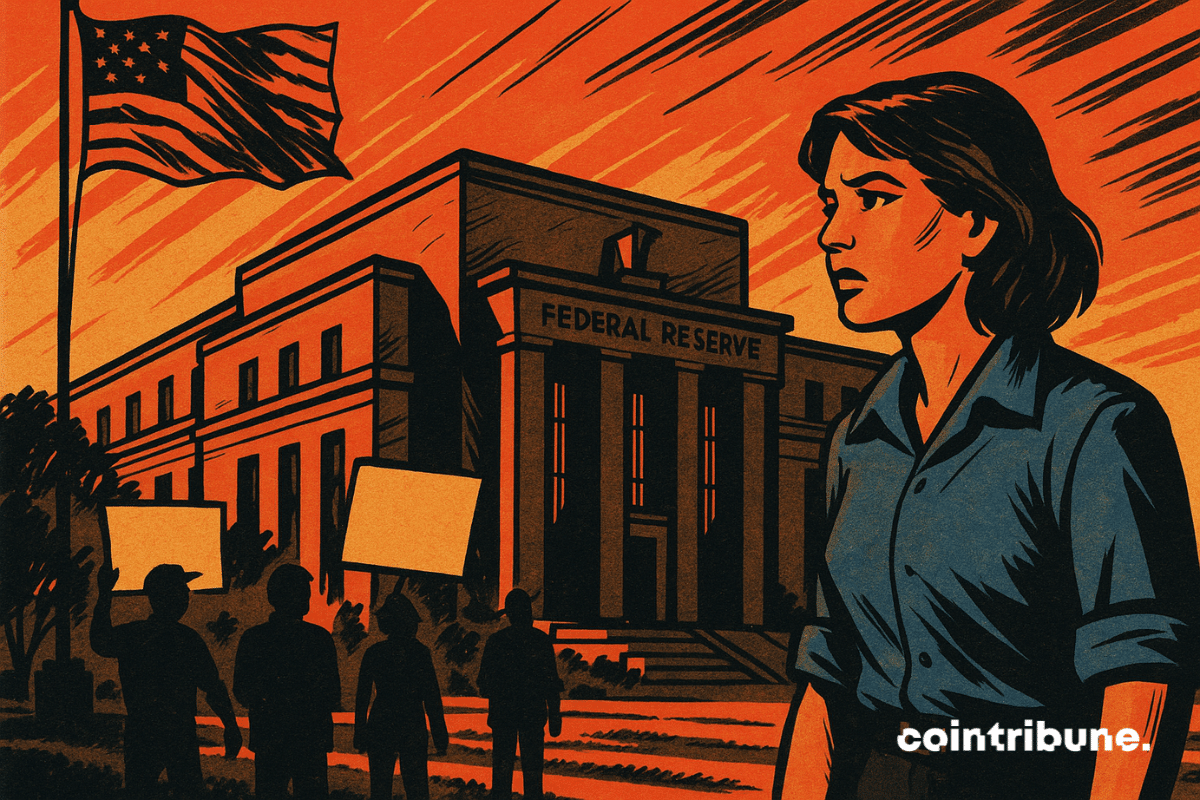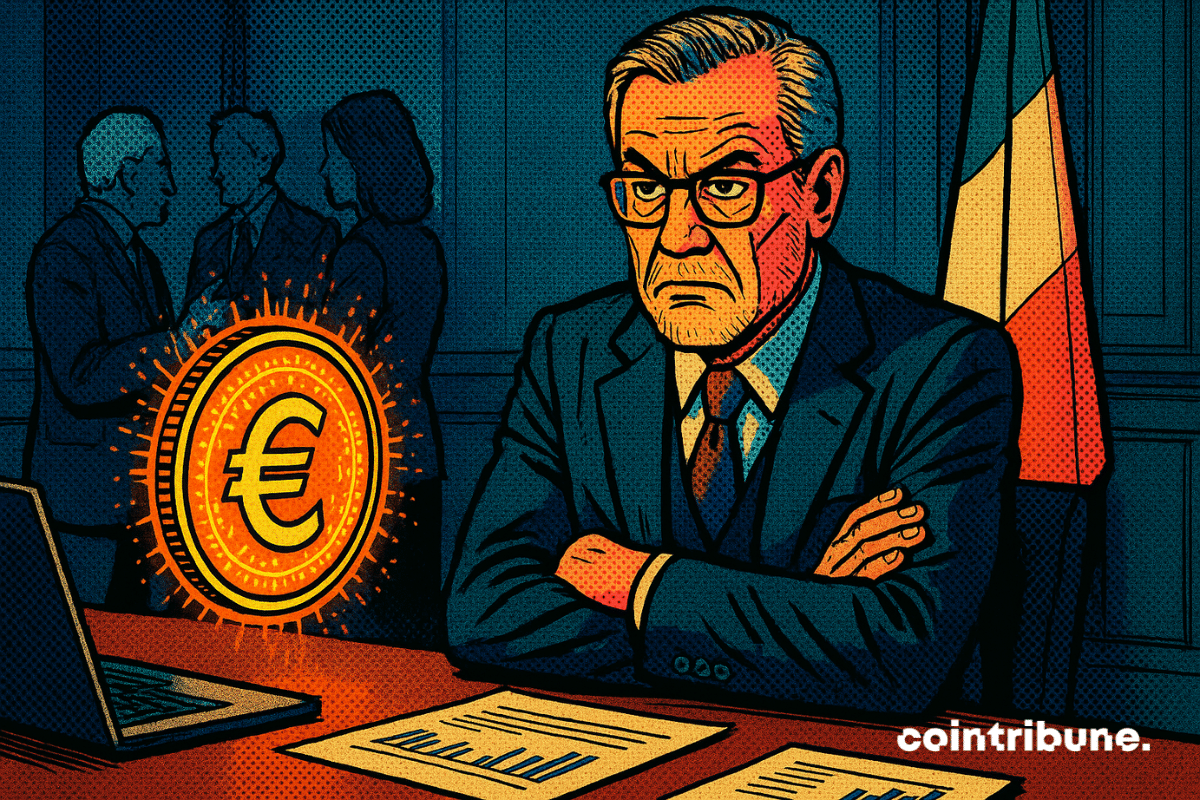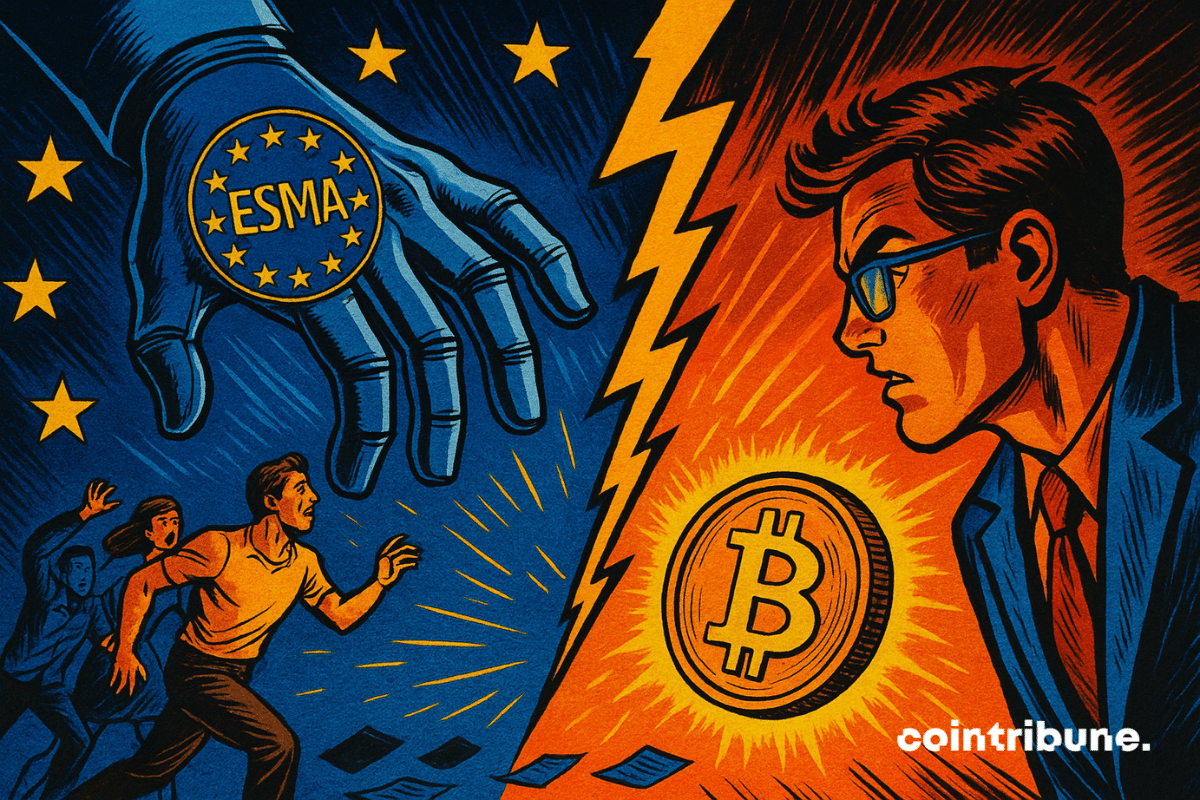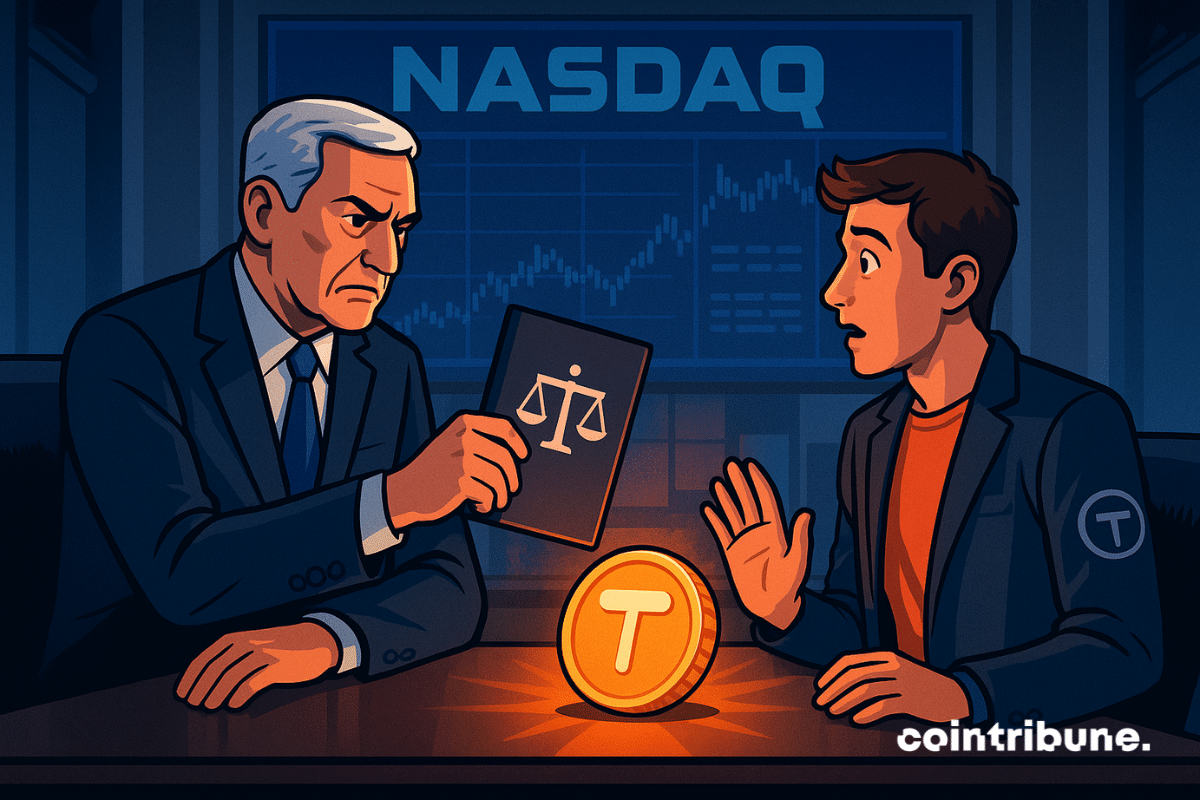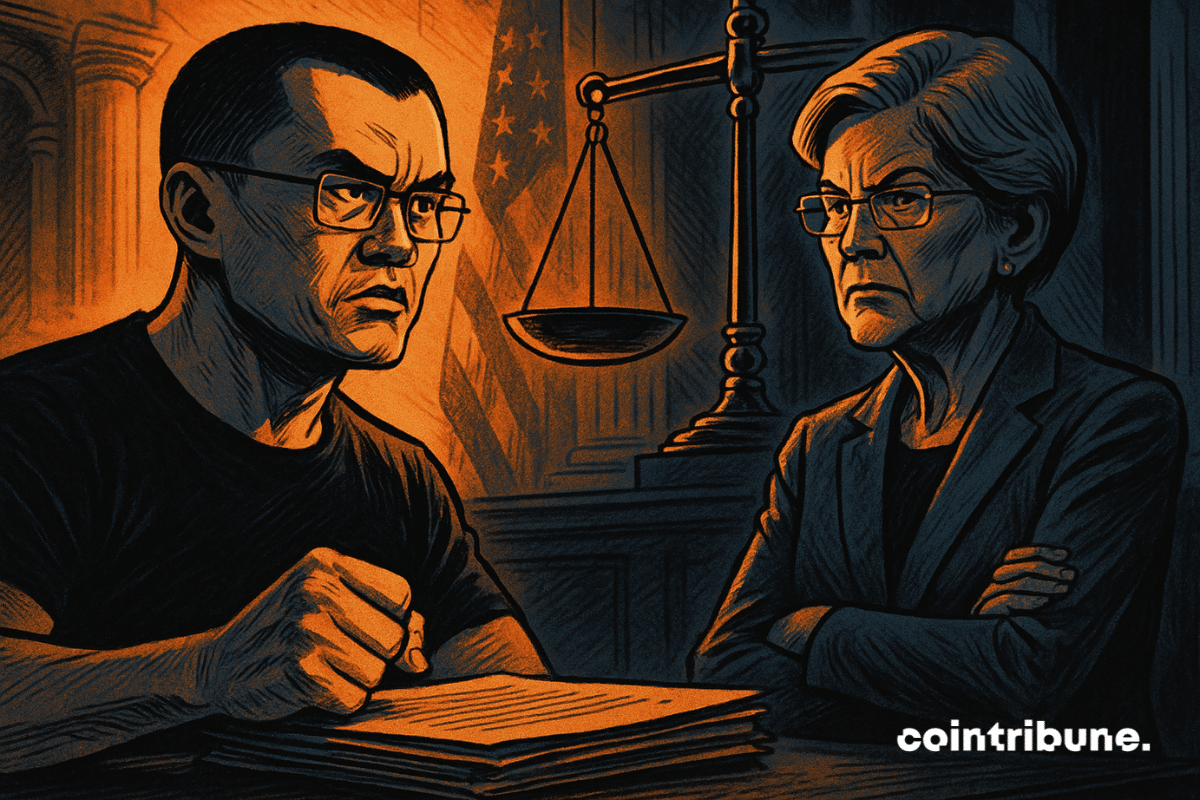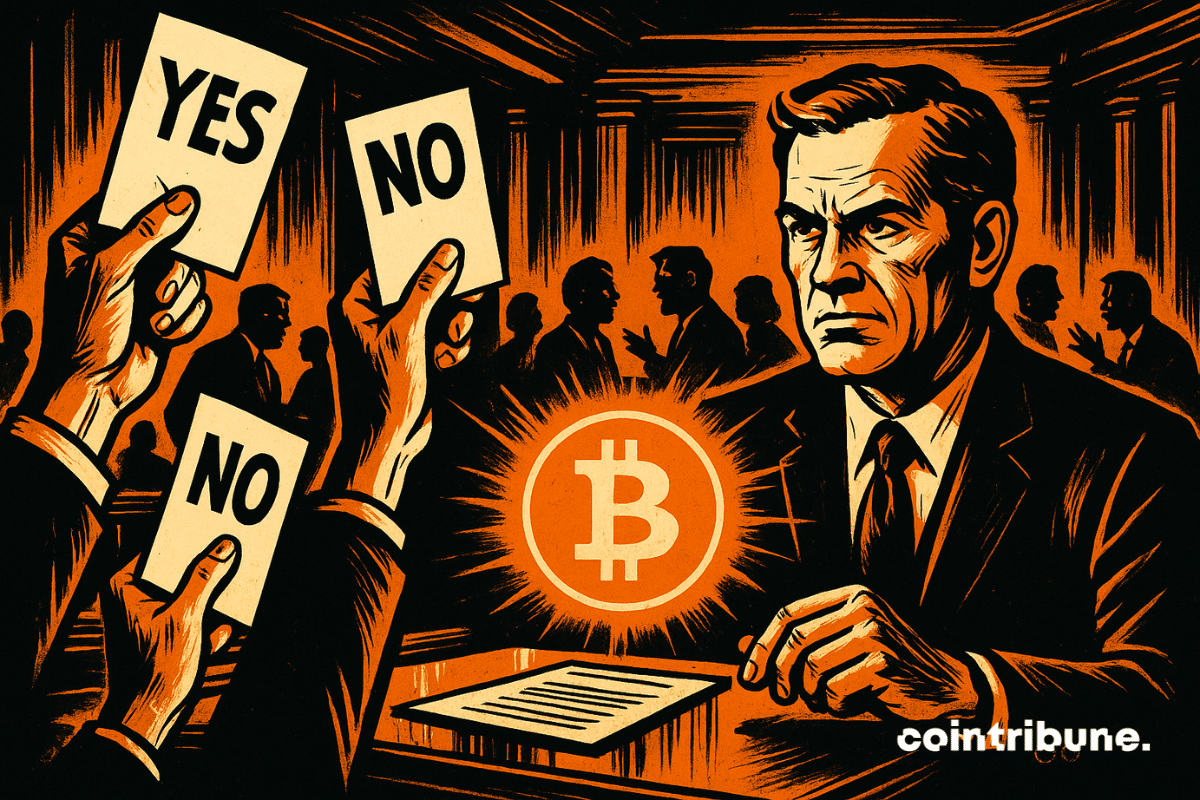Markets are watching closely as the race to lead the US Fed continues, with political pressure on interest rates building. Recent comments from Jamie Dimon and Donald Trump suggest the outcome remains uncertain, with potential consequences for monetary policy and risk assets, including crypto.
Theme Regulation
Tokenization of real-world assets (RWAs) is moving closer to mainstream finance, though its short-term impact on crypto markets may remain limited. NYDIG says longer-term value will depend on how open, connected, and regulated these assets become across blockchain networks.
Washington hardens its tone. The Office of the Comptroller of the Currency (OCC), the American banking regulator, denounces banking practices deemed discriminatory. In an unprecedented report, the agency accuses several major banks of restricting access to financial services for sensitive sectors, including cryptocurrencies. This phenomenon of "debanking," long denounced by the industry, could now be considered illegal. A strong signal sent to Wall Street, as the Trump administration intends to restore fair access to the banking system.
Accused of closing crypto accounts linked to Trump, JPMorgan denies and denounces unfair rules. All the details here!
Poland’s parliament failed on Friday to overturn President Karol Nawrocki’s veto of a bill intended to tighten crypto rules. The outcome blocked Prime Minister Donald Tusk’s plan to expand oversight and left the country without a clear path forward. Lawmakers must now reconsider how to align with EU standards while avoiding heavy pressure on local firms.
Polymarket has entered a new phase of expansion as its US relaunch begins after years away from the domestic market. According to recent reports, the platform is moving quickly to bring waitlisted users into its updated app, starting with sports event contracts. Regulatory clearance arrived earlier this year, opening the door for a compliant return.
Seven Kalshi users have filed a class action lawsuit, alleging the platform operates like unlicensed sports betting, while the co-founder denies the claims.
An ETF on a privacy coin? Grayscale dares where no one has gone before. Discover how Zcash could shake the US market.
BlackRock takes a staking cure for its Ethereum: a developing ETF that promises yield for large portfolios. Crypto, meanwhile, continues to trot towards Wall Street.
In Brussels, while some regulate AI to the point of suffocation, Paris and Berlin advocate for breathing space. Bureaucrats panic, startups suffocate, and innovation awaits an emergency exit.
Growing U.S. interest in tightening oversight of offshore digital assets is gaining traction in Washington. Momentum is building as a proposed rule allowing the IRS to access data on Americans’ foreign crypto accounts moves into White House review. Signaling a stronger push to align U.S. tax policy with global reporting standards, the step places cooperation with foreign regulators closer to reality.
The SEC omits crypto from its 2026 priorities. Towards looser regulation and recognition of the sector? Full analysis here!
Brazil has taken a significant step toward bringing stablecoin activity under its traditional financial system. New regulations issued by the Banco Central do Brasil (BCB) grant stablecoin transactions the same legal treatment as foreign-exchange operations and subject crypto companies to a licensing regime similar to that of banks.
After more than 40 days of paralysis, Washington is beginning to emerge from the crisis. On Monday evening, the Senate voted on a temporary funding law aimed at reopening federal agencies, including the SEC, essential to the crypto ecosystem. If the House approves the text this Wednesday, the government could resume its activities by the end of the week. This outcome is closely watched by the markets, as several key cases for the blockchain industry are awaiting revival.
Institutional adoption of digital cash is gaining momentum, marking what BNY describes as a major structural shift in global finance. The bank projects that the combined market for stablecoins, tokenized deposits, and digital money-market funds (MMFs) could reach $3.6 trillion by 2030. Stablecoins are expected to account for about 41.6% of that total, with tokenized deposits and digital MMFs making up the remainder.
While some flee the crypto ship, Saylor fills up on bitcoins. And if the stubborn captain was right? Guaranteed plunge into Strategy's digital vaults.
When bitcoin falters, Saylor blazes: 397 BTC more, 641,205 in stock... The man who confuses corporate strategy with a collection of digital coins still does not intend to ease off.
A prolonged U.S. government shutdown has created a rare information void just as financial markets seek clarity. Investors are awaiting the Federal Reserve’s next rate decision with limited insight, while lawmakers continue advancing cryptocurrency legislation despite widespread staffing delays.
Italy supports the European Central Bank's (ECB) digital euro project but sets its conditions. Italian banks, while welcoming this digital sovereignty initiative, request a financial effort spread over time. Facing heavy investments, the Italian banking sector wants to avoid a budget shock. Will this stance resonate with other European countries?
A new European Commission plan to expand the powers of the European Securities and Markets Authority (ESMA) has stirred debate across the continent. The proposal aims to tighten regulatory consistency across crypto and financial markets. However, critics warn that the move could slow innovation and reduce agility within Europe’s growing fintech sector.
Nasdaq has formally reprimanded TON Strategy for violating listing rules tied to its $272.7 million Toncoin purchase and related PIPE financing. The company, formerly known as Verb Technology Company, failed to secure shareholder approval before issuing stock to fund the deal, according to a recent SEC filing.
Crypto mogul Changpeng “CZ” Zhao is weighing legal action against U.S. Senator Elizabeth Warren after she accused him of corruption tied to his recent presidential pardon. Her social media remarks, posted after former President Donald Trump pardoned Zhao, have ignited a political and legal storm involving one of the most prominent figures in global cryptocurrency.
The United States government shutdown is nearing its fourth week, putting pressure on lawmakers to resolve the funding impasse while also addressing key issues in the digital assets sector. As the Senate prepares for another vote to reopen the government, Democratic senators are moving forward with plans to meet crypto executives to discuss the stalled market structure bill.
Switzerland’s gambling watchdog has filed a formal complaint against FIFA’s NFT platform, accusing it of operating as an unlicensed gambling service. The move signals growing regulatory pressure on digital collectibles and Web3 ventures as authorities grapple with how blockchain-based reward systems fit within traditional gambling laws.
The SEC is preparing to introduce an “innovation exemption” that would give companies more flexibility to develop digital assets and emerging technologies. SEC Chair Paul Atkins said the proposal could be formalized as soon as the end of this quarter, despite challenges caused by the ongoing government shutdown.
Prediction markets have received a major vote of confidence after Intercontinental Exchange (ICE)—the operator of the New York Stock Exchange—announced a $2 billion strategic investment in Polymarket. The deal values the platform at roughly $8 billion, marking a stunning turnaround for a company that faced regulatory fire just three years ago.
While currencies wobble and the economy coughs, gold climbs, bitcoin soars... and investors applaud hoping not to jump with the monetary parachute.
Tether, the ace of stablecoins, dribbles right up to Juventus' board. Governance, millions, and crypto at every level: soon a blockchain-sponsored VAR?
The European Central Bank (ECB) is moving forward with preparations for a possible digital euro, marking another step in its ongoing multi-year project. In a recent notice, the ECB has signed agreements with several technology firms to develop key components of a potential digital currency. Although no final decision has been made, the groundwork underscores Europe’s push to modernize payments.
Pavel Durov breaks his silence and hits hard. The founder of Telegram claims that French intelligence services tried to force him to censor political content related to the Moldovan elections. A revelation that rekindles tensions between the messaging platform and French authorities. The case takes a worrying turn for freedom of expression in Europe.
